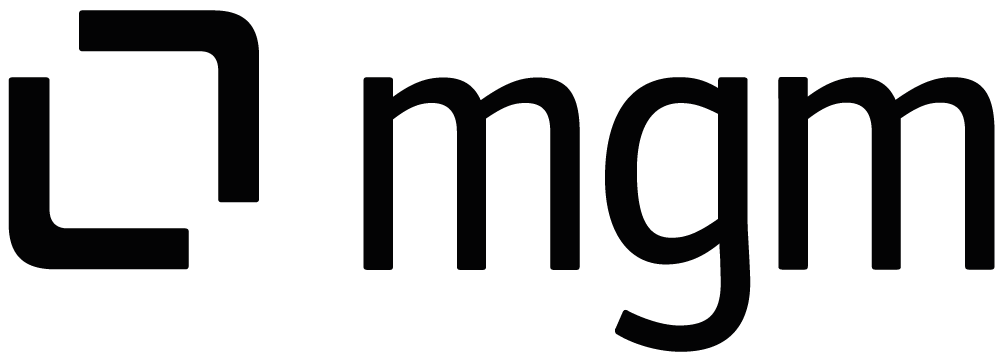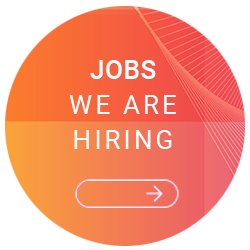This FAQ answers frequently asked questions about collective settlements respectively collective lists of premiums between market partners in industrial insurance. What is a bordereau? And how can the complex process of collective settlements be automated for insurers, brokers and MGAs?
- What is a bordereau in industrial insurance?
- Why is the creation of bordereaux in industrial insurance costly?
- What types of bordereaux do industrial insurers and industrial insurance brokers process?
- Can the complex process of collective settlements in industrial insurance be automated at all?
- Does a complex IT project have to be set up for the automation of collective settlements?
- What role does BiPRO play in the automation of bordereaux in industrial insurance?
- What is the BiPRO solution approach for settlement traffic? What is behind standard 430.7?
- Where can I find out more details about automation and scaling of Bordereaux in industrial insurance?
1. What is a bordereau in industrial insurance?
In industrial insurance, the term bordereau basically stands for a regular collective settlement process. Premiums, brokerage fees and claims payments between partners are not settled individually, but on a monthly or quarterly basis.
A bordereau combines accounting information with insurance-related information: Has a booked premium item been settled by the premium debtor and can this item therefore be settled with the insurers involved? What information do the insurers need in order to be able to clearly assign the corresponding position?
In terms of process, collective billing is usually characterised by the fact that it involves recurring work steps that make it possible to provide billing information for the same partners on a regular basis.
2. Why is the creation of bordereaux in industrial insurance costly?
In general, it is important for insurers, brokers and insurance underwriters to coordinate the settlement flows for premiums, remuneration and claims expenses with the respective partners. In this context, the settlement process places high demands on both efficiency and quality. The tolerance for errors is low: billing processes are a matter of trust.
However, none of the activities associated with this are value-adding. With the expansion of the business volume, the number of accounting processes to be coordinated grows. Scalability and traceability are therefore of high importance.
Industrial brokers and industrial insurers manage their customer data, offers, policies and claims in separate systems. Depending on the complexity of an industrial insurance contract (many covers, several insurers involved, international business with different currencies and taxes), very complex payment flows may arise here under certain circumstances.
Since brokers and insurers use different numbers for their offers or policies, a clear allocation of individual payments is not always possible. In addition, different formats of the settlement documents (table contents, sequence, net/gross differentiation, etc.) make this more difficult.
3. What types of bordereaux do industrial insurers and industrial insurance brokers process?
Each market partner in industrial insurance can, on the one hand, take on the role of the sender of a collective settlement. This is referred to as the outgoing bordereau. At the same time, the insurer, underwriter or broker could also be the recipient and processor of a collective settlement. This is called an incoming bordereau.
4. Can the complex process of collective settlements in industrial insurance be automated at all?
Automating operational sub-processes also means standardising them to a certain extent. In the case of bordereaux, this does not require a separate or large-scale digitisation project. Because all the required systems (and data) already exist – they just don’t usually communicate with each other. Therefore, it is important to recognise where repetitive processes and data flows meet.
• What information always remains the same in the exchange between the partners?
• What information changes flexibly?
• What data is exchanged?
• When? And with whom?
• Which IT systems are involved?
Based on this information, booking and process information of the collective settlements is structured and can thus be processed more easily.
5. Does a complex IT project have to be set up for the automation of collective billing?
This depends on the bordereau software used. Currently, the market offers only a few solutions for collective billing. For the example of mgm Cosmo Bordereau App, the software solution can be integrated into an existing software landscape with relatively little effort. Initially, the Bordereau App can be operated “standalone” (i.e. without an interface connection to inventory management or MVP); data is retrieved via file exchange in CSV format. A deeper, API-based integration can also take place at a later date.
6. What role does the Germany-based association BiPRO play in the automation of bordereaux in industrial insurance?
The industry institute for process optimisation, BiPRO for short, (link: https://bipro.net/) has set itself the goal of standardising cross-company business processes.
In order to connect Bordereau software to an inventory management system or MVP via an interface (API), the BiPRO standard, standard 430.7, can also be used, among other things. Standard 430.7 has accelerated the penetration of BiPRO in industrial insurance in Germany.
7. What is the BiPRO solution approach for settlement traffic? What is behind standard 430.7?
From a technical point of view, it covers the settlement of all types of underwriting and settlement, from insurer collection to management and participation business to intermediary collection. The settlement data between the participating companies is exchanged via a web service. In recent years, the standard has been revised in various projects involving more than 25 companies. A newly revised BiPRO standard 430.7 has been available since the end of 2019.
8. More content on Bordereaux and collective billing and how the billing processes can be automated
Article: Digital broker settlement – automated processing of outgoing bordereaux
In German language- BiPRO: BiPRO DIOPLUS Optimisation Billing Traffic







